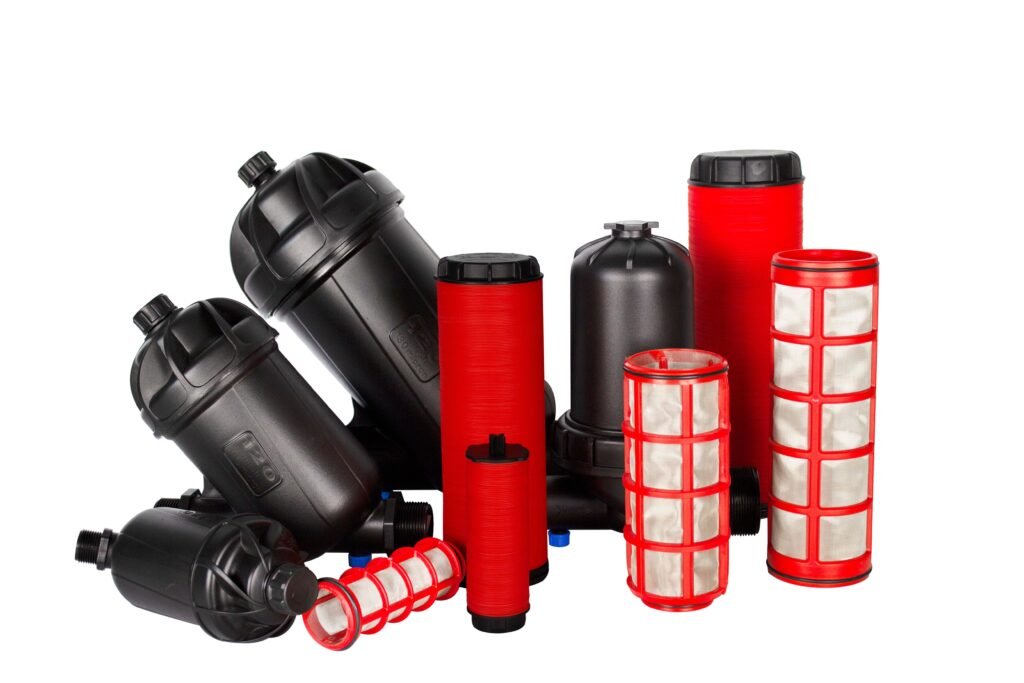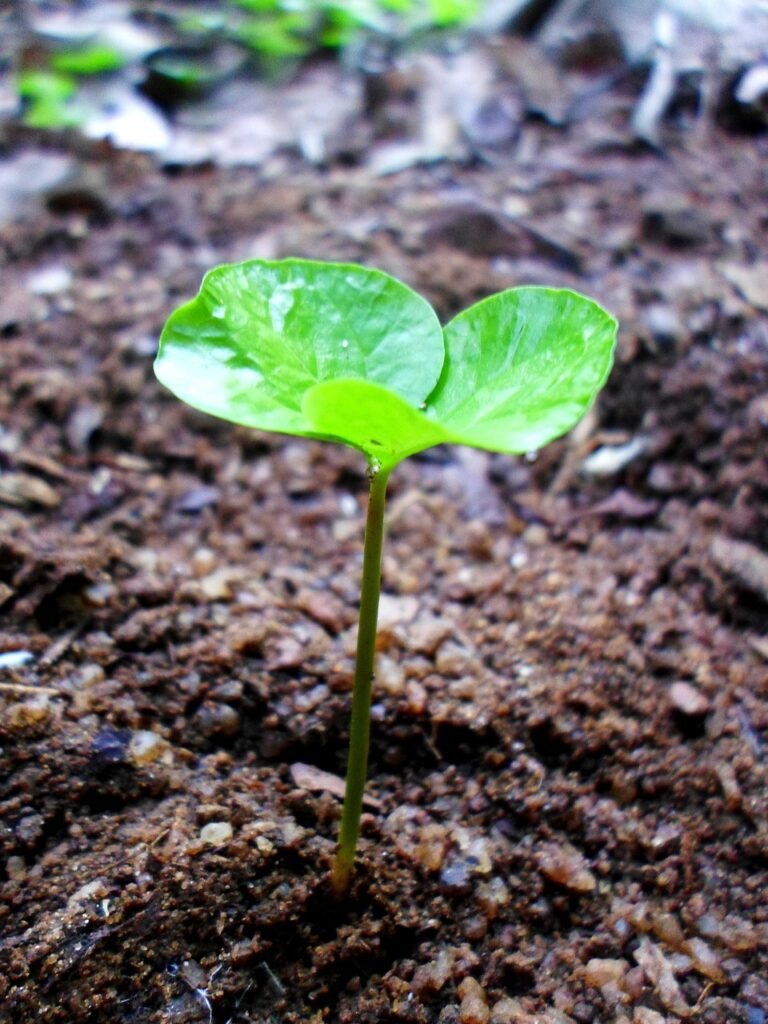In today’s fast-paced world, where efficiency and sustainability are key factors in any industry, it’s important to ensure that irrigation systems are properly maintained to achieve optimal performance. One crucial aspect of irrigation system maintenance is the regular upkeep of filters. By implementing a proactive approach to filter maintenance, you can enhance the efficiency of your irrigation system, extend its lifespan, and minimize potential issues. In this article, we will explore the numerous benefits of regular maintenance for irrigation filters, highlighting the importance of this often overlooked aspect of irrigation system management.
1. Improved Water Quality
Water is the lifeblood of any irrigation system, and its quality directly impacts the health and growth of crops or plants. Regular maintenance of irrigation filters helps to eliminate debris, sediments, and other impurities that can accumulate over time. By ensuring that filters are clean and free from clogs, you can significantly enhance the quality of water used for irrigation. Cleaner water reduces the risk of blockages in the system and ensures that plants receive the necessary nutrients for healthy growth, leading to higher crop yields and improved overall plant health.
2. Enhanced System Efficiency
Clogged filters can cause a decrease in water flow, leading to inefficient irrigation. This inefficiency not only affects the uniformity of water distribution but also wastes valuable resources such as water and energy. Regular maintenance of irrigation filters prevents clogging, ensuring a steady flow of water to the plants. By optimizing water distribution, you can improve the efficiency of your irrigation system, reducing water and energy wastage while maximizing the coverage and effectiveness of the irrigation process.
3. Prolonged System Lifespan
Irrigation systems are significant investments that require proper care to ensure their longevity. Neglecting filter maintenance can result in severe consequences such as reduced system lifespan and costly repairs. Over time, debris and sediments can accumulate within filters, causing them to deteriorate and eventually fail. Regular maintenance, including the cleaning and replacement of filters when necessary, helps to prevent premature system failure and prolongs the lifespan of your irrigation infrastructure. By investing time and effort into proper maintenance, you can safeguard your investment and avoid the need for expensive replacements or repairs.
4. Cost Savings
Efficient irrigation systems not only benefit the health of crops or plants but also contribute to cost savings in the long run. Regular maintenance of irrigation filters reduces the risk of system malfunctions, optimizing water usage and minimizing resource wastage. By ensuring that your filters are clean and functioning optimally, you can avoid unnecessary repairs, mitigate the risk of downtime, and save on energy costs. Moreover, a well-maintained irrigation system is less prone to leaks and other water-related issues, preventing water loss and reducing overall operational expenses.
5. Environmental Sustainability
With growing concerns about water scarcity and environmental impact, it’s crucial for businesses and individuals to adopt sustainable practices. Regular maintenance of irrigation filters plays a vital role in promoting environmental sustainability. By keeping filters clean and free from blockages, you minimize the need for excessive water usage, reducing the strain on local water sources. Additionally, an efficiently operating irrigation system ensures that water is used wisely and does not contribute to unnecessary wastage. By prioritizing regular filter maintenance, you demonstrate your commitment to sustainable water management practices and contribute to a greener future.
In conclusion, the benefits of regular maintenance for irrigation filters are undeniable. By prioritizing filter upkeep, you can enjoy improved water quality, enhanced system efficiency, prolonged system lifespan, cost savings, and contribute to environmental sustainability. Investing time and resources into filter maintenance is a proactive approach that yields significant long-term advantages. So, make it a habit to schedule regular inspections, cleanings, and replacements of irrigation filters to ensure the optimal performance and longevity of your irrigation system.



